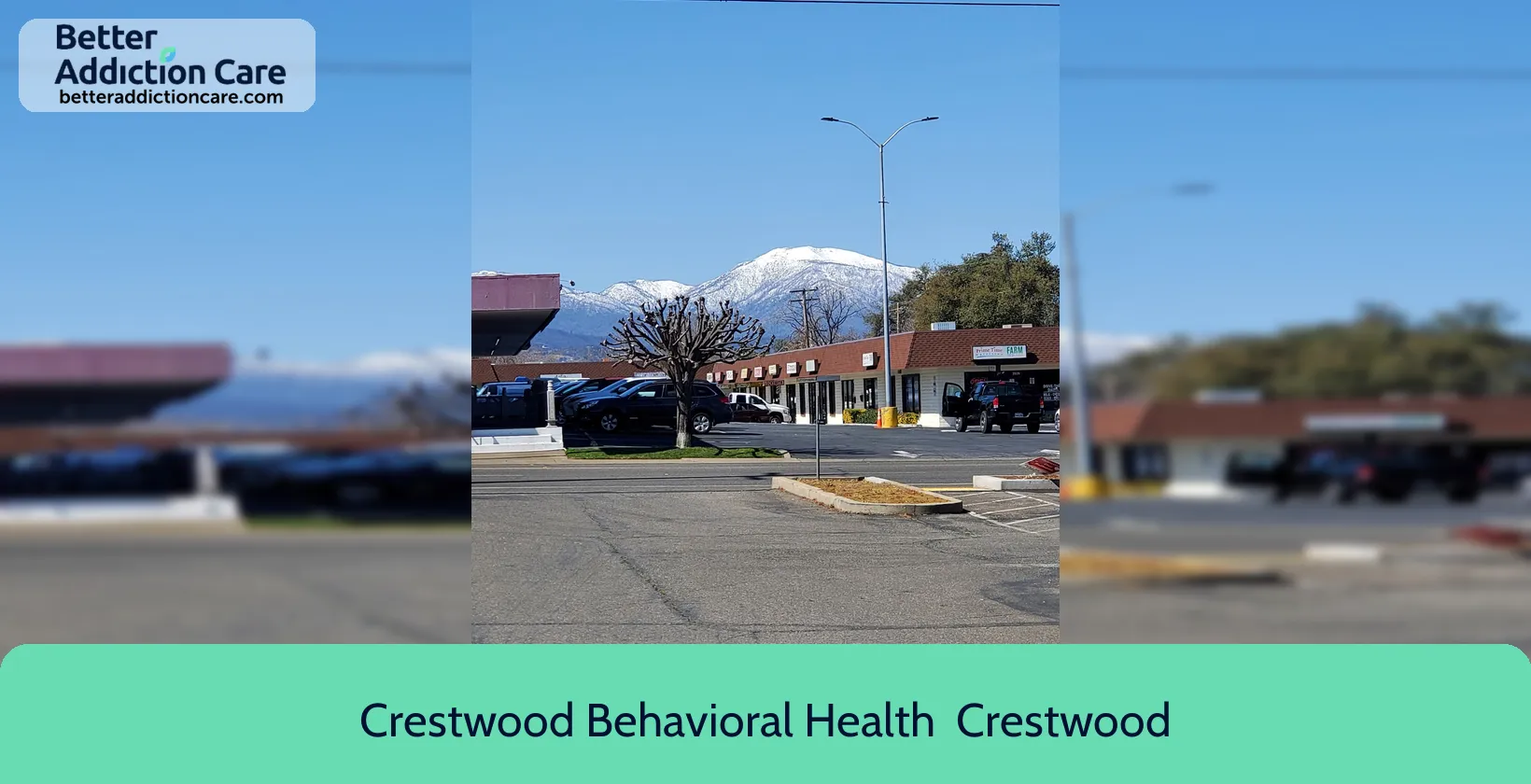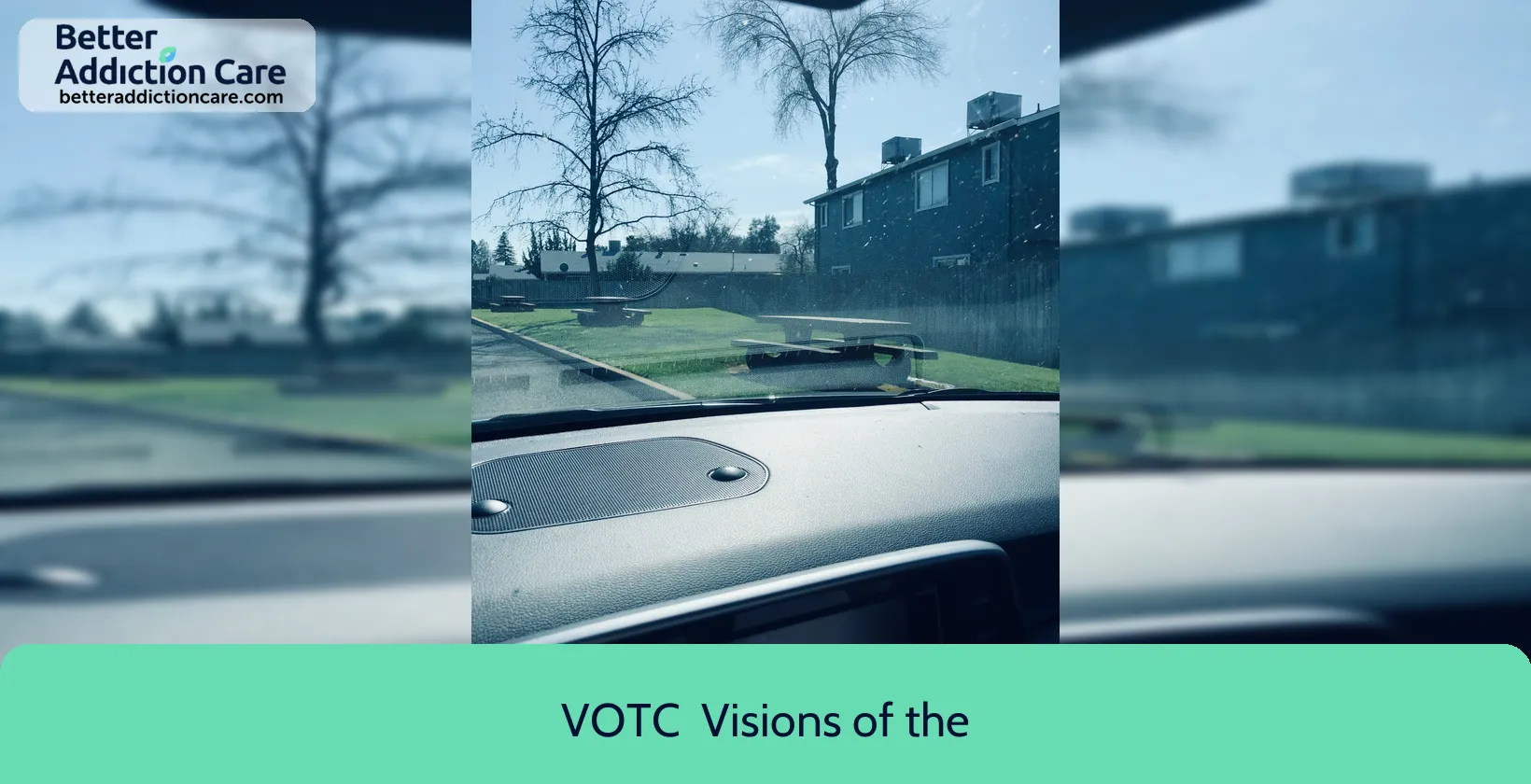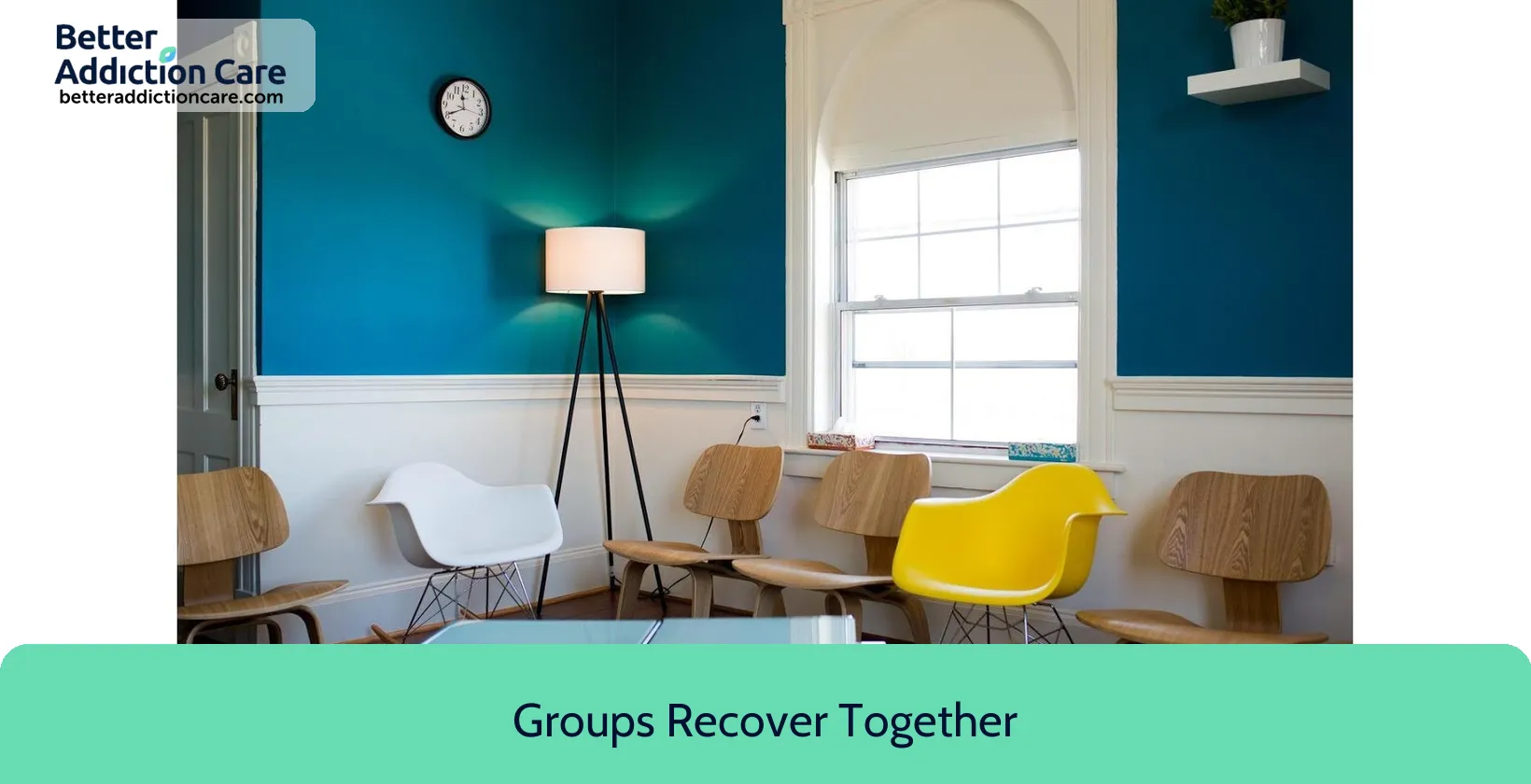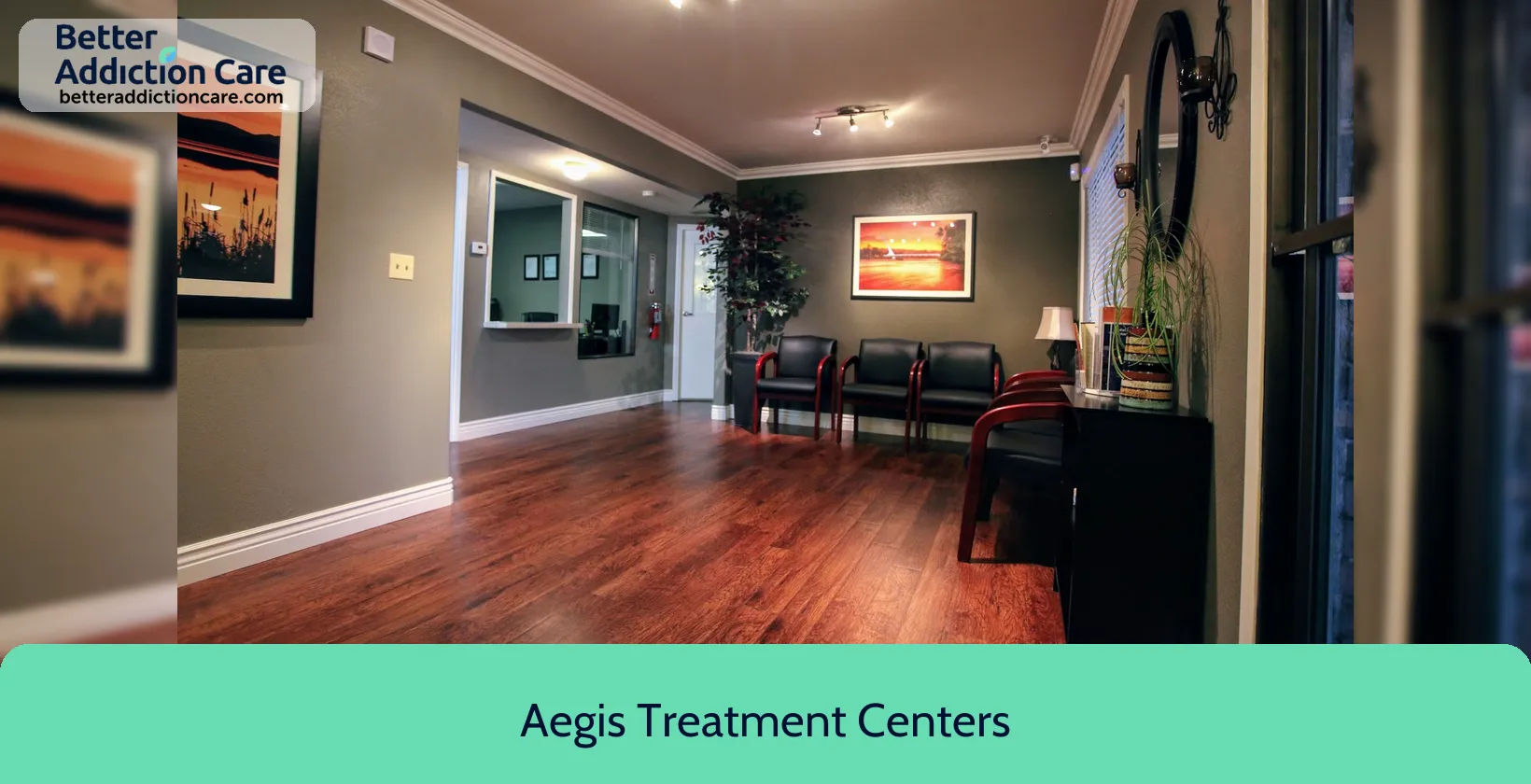VOTC - Visions of the Cross

Overview
VOTC - Visions of the Cross is a substance abuse treatment center for people seeking treatment near Shasta County. As part of their treatment modalities for recovery, VOTC - Visions of the Cross provides cognitive behavioral therapy, substance use disorder counseling, and trauma-related counseling during treatment. VOTC - Visions of the Cross is located in Redding, California, accepting cash or self-payment for treatment.
VOTC - Visions of the Cross at a Glance
Payment Options
- Cash or self-payment
- Medicaid
- State-financed health insurance plan other than Medicaid
- Private health insurance
- IHS/Tribal/Urban (ITU) funds
Assessments
- Interim services for clients
- Comprehensive substance use assessment
Age Groups
- Young adults
- Adults
- Seniors
Ancillary Services
- Case management service
- Residential beds for client's children
- Social skills development
Highlights About VOTC - Visions of the Cross
6.71/10
With an overall rating of 6.71/10, this facility has following balanced range of services. Alcohol Rehabilitation: 8.00/10, Drug Rehab and Detox: 6.00/10, Insurance and Payments: 6.00/10, Treatment Options: 6.85/10.-
Alcohol Rehabilitation 8.00
-
Treatment Options 6.85
-
Drug Rehab and Detox 6.00
-
Insurance and Payments 6.00
Accreditations
State department of health:

Government agencies issue State Licenses, granting rehabilitation organizations permission to operate their businesses legally within specific geographic regions. The licenses needed for legal operation are typically determined by the type of rehabilitation program offered by a facility and its physical location.
Treatment At VOTC - Visions of the Cross
Treatment Conditions
- Alcoholism
- Substance use treatment
Care Levels
- Hospital inpatient treatment
- Short-term residential
- Long-term residential
Treatment Modalities
- Cognitive behavioral therapy
- Substance use disorder counseling
- Trauma-related counseling
- Group counseling
- Family counseling
Ancillary Services
Additional Services
- Pharmacotherapies administered during treatment
- Mentoring/peer support
- Breathalyzer or blood alcohol testing
Special Programs
- Pregnant/postpartum women
- Clients who have experienced trauma
Get Help Now
Common Questions About VOTC - Visions of the Cross
Contact Information
Other Facilities in Redding

6.68

6.71

7.09

6.65

6.71

6.65

6.78

7.30
DISCLAIMER: The facility name, logo and brand are the property and registered trademarks of Aegis Treatment Centers, and are being used for identification and informational purposes only. Use of these names, logos and brands shall not imply endorsement. BetterAddictionCare.com is not affiliated with or sponsored by Aegis Treatment Centers.
